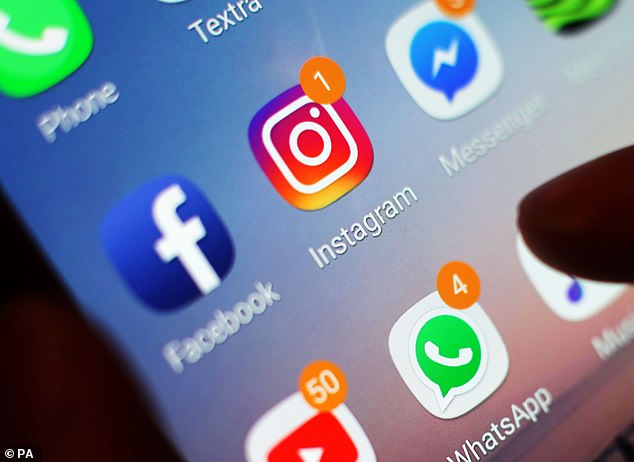
Australian government officials are considering new draft legislation to tackle the spread of “misinformation” and fake news on social media platforms such as Twitter and Facebook. According to a report by The Age, these companies could face substantial fines under the proposed legislation.
The Australian Communications and Media Authority (ACMA) has put forth a proposal that would require social media companies to maintain records showcasing their efforts to curb the dissemination of misleading information online. Failure to meet these requirements on multiple occasions could result in fixed fines, potentially amounting to millions of dollars.
Michelle Rowland, the communications minister of Canberra, emphasized the negative impact of misinformation on society, stating that it “sows division within the community, undermines trust, and can threaten public safety.” She further emphasized the government’s commitment to ensuring the online safety of Australians.
If implemented, the proposal would grant ACMA the authority to enforce a new “code” of practice for social media platforms that consistently fail to effectively monitor the spread of fake news on their services. Additionally, an industry-wide “standard” would be established, necessitating the removal of specific content and requiring stronger methods to identify misinformation, including increased use of fact-checkers.
Companies found to have systemically breached the code could face a maximum fine of AUS $2.75 million (US $1.83 million) or 2% of their global turnover, whichever is higher. Similarly, breaking an industry “standard” could result in a maximum penalty of AUS $6.88 million (US $4.6 million) or 5% of global turnover.
The potential fine for Meta, the parent company of Facebook, under the latter terms could reach around AUS $8 billion (US $5.35 million), as noted by The Age.
Last year, the European Union (EU) introduced similar regulations regarding social media content, making social media companies liable for fines tied to their annual global turnover.
Importantly, the proposed legislation in Canberra does not grant the government the authority to determine what content constitutes “misinformation” or “disinformation” online. Rowland emphasized that the law aims to strike a balance between combatting fake news and protecting freedom of speech on digital platforms.
These powers would not apply to standalone content, official electoral information, and professional news services. Previously, Google removed approximately 3,000 videos from YouTube in Australia that spread dangerous or misleading information related to Covid-19.
The proposed legislation was released for public consultation on Saturday, providing an opportunity for Australians and social media companies to voice any objections to its provisions.
RELATED ARTICLES
- Australia's Rush to Cashless Society Ignites Fury
- Gab implements subscription plans to Help stop Malicious Spam Bots
- Washington offers $2,000 rewards to residents who report neighbors of 'wrongspeak'
- Canada Borderline Bans Christianity, Outlaws Reading Aloud From Bible in Public
- US State of Florida set to Ban Artificial Lab Meat due to Health Concerns











